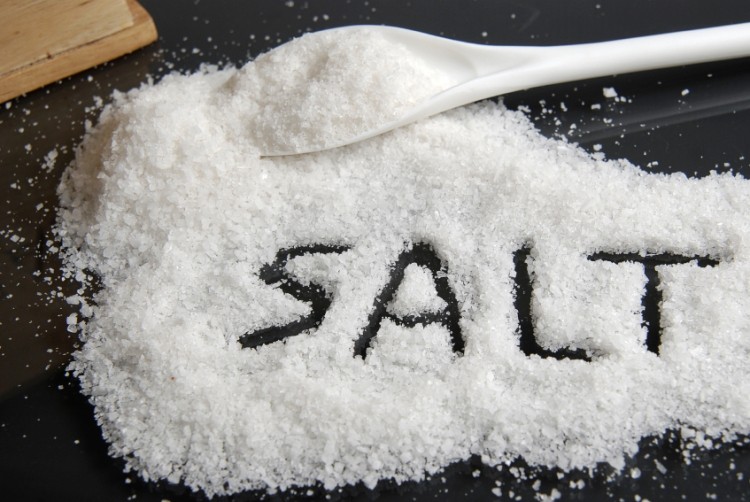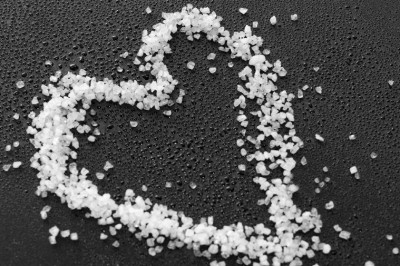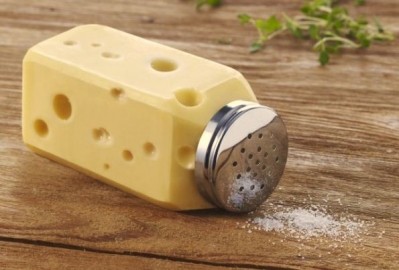Excess salt may drive development of autoimmune diseases: Study

Excess levels of dietary salt intake can lead to the development of a more severe forms of autoimmune disease in rats, while experimental lab studies show that higher salt intakes provoke 'more aggressive' responses from a group of immune cells that are involved in triggering and sustaining autoimmune diseases.
The findings come as several groups of scientists simultaneously publish data from early laboratory studies (on cell cultures and rats) in the journal Nature. The primarily US-based researchers, from Yale School of Medicine, Harvard Medical School, Brigham and Women's Hospital and the Broad Institute, all link dietary salt to the development of more aggressive autoimmune responses.
"These are not diseases of bad genes alone or diseases caused by the environment, but diseases of a bad interaction between genes and the environment," said Professor David Hafler, senior author of the Yale paper - which found that adding salt to the diet of mice induced production of a type of T cells previously associated with autoimmune diseases and that mice on salt diets developed a more severe form of an MS animal model known as experimental autoimmune encephalomyelitis.
In addition, researchers from and Harvard identified the key molecular pathway involved in the response to salt, and the Broad Institute sketched out the regulatory network of genes that governs this autoimmune response.
Autoimmune respoonse
When combined, experts said that the research in particular expand knowledge of how one type of immune cell implicated in autoimmune responses — known as a T helper 17 or Th17 cells — develop, and how their growth influences the development of other kinds of cells involved in the immune system.
Using cell culture experiments the researcher also showed that increased sodium chloride can lead to a dramatic induction of Th17 cells: "In the presence of elevated salt concentrations this increase can be ten times higher than under usual conditions," Markus Kleinewietfeld and Dominik Müller explained.
Under the new high salt conditions, they explained that Th17 cells undergo further changes in their cytokine profile, resulting in them becoming more aggressive.
The results of the Yale paper also showed that the number of pro-inflammatory Th17 cells in the nervous system of the mice increased dramatically under a high salt diet.








